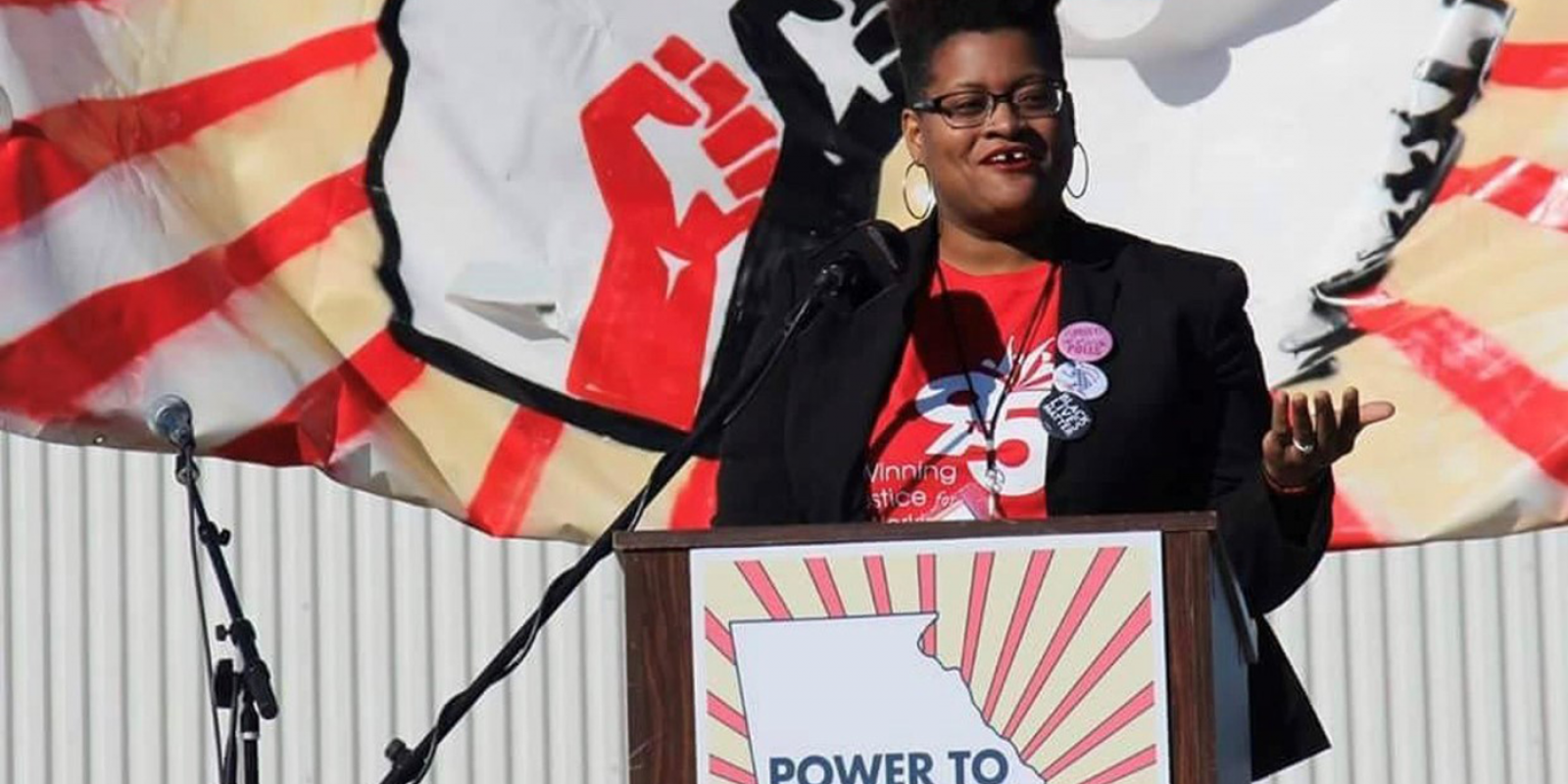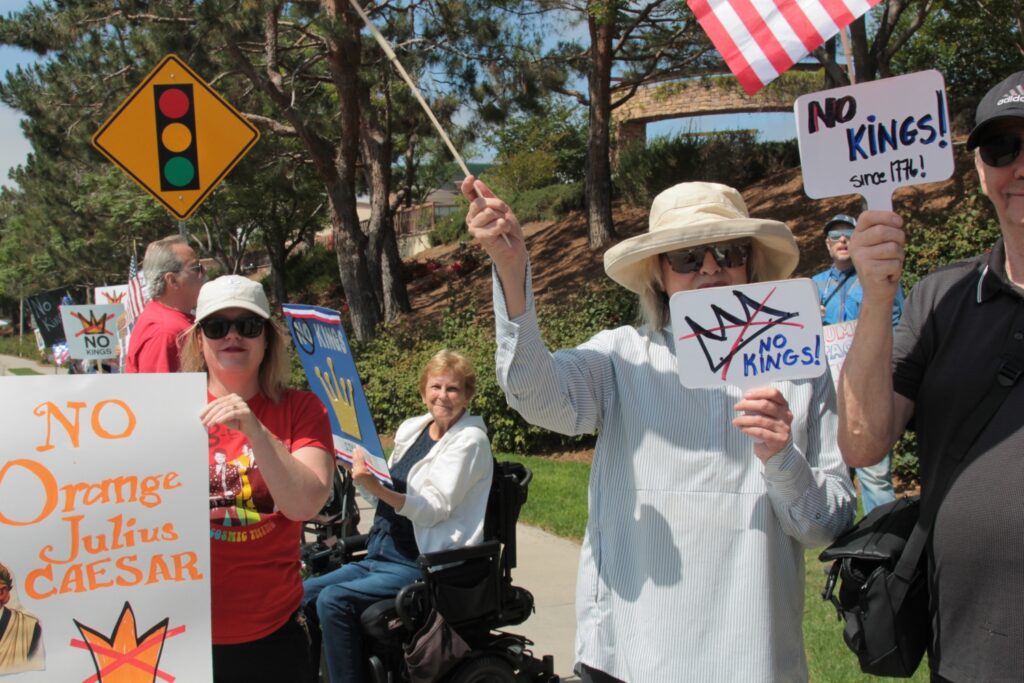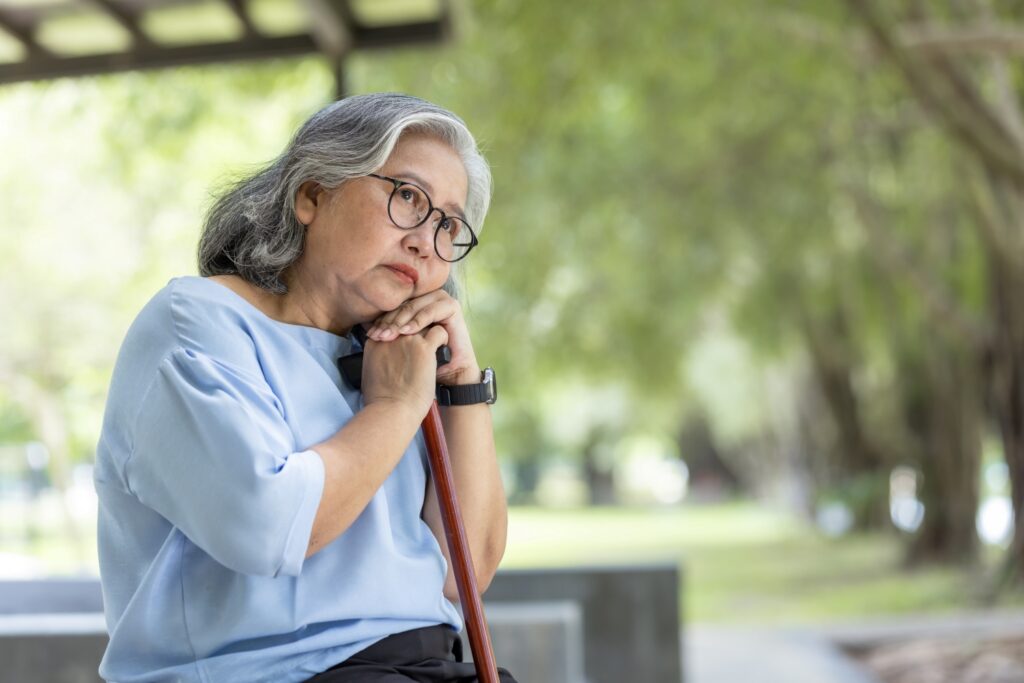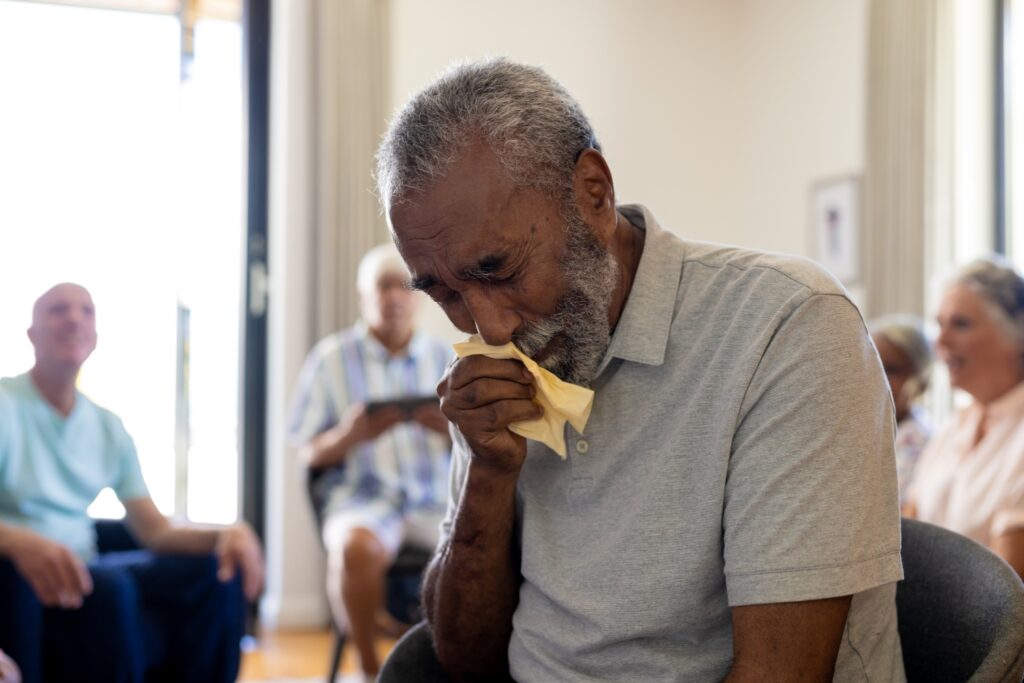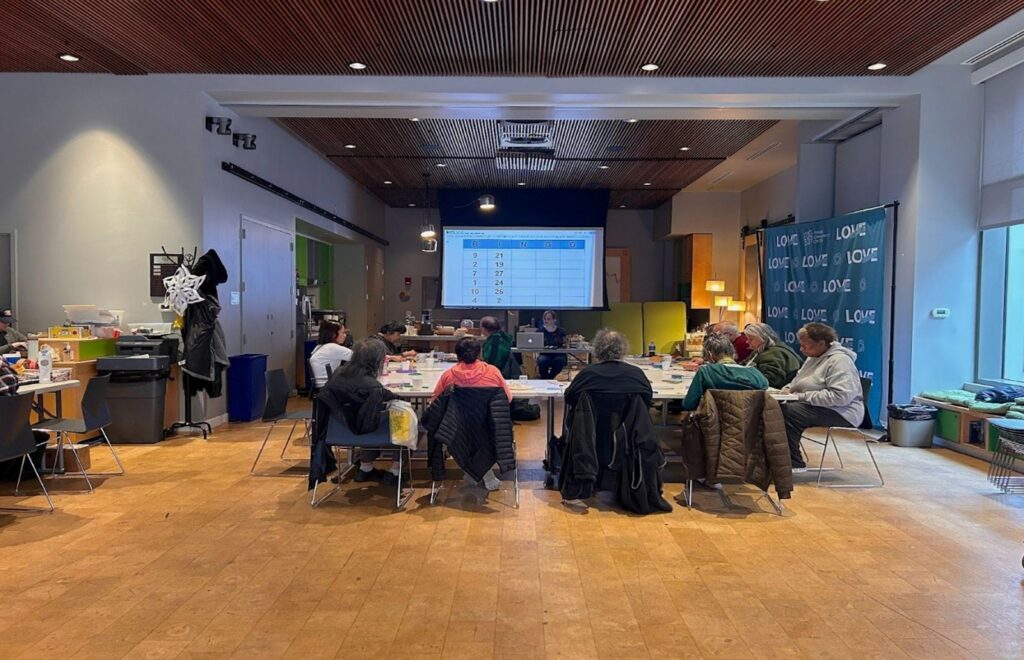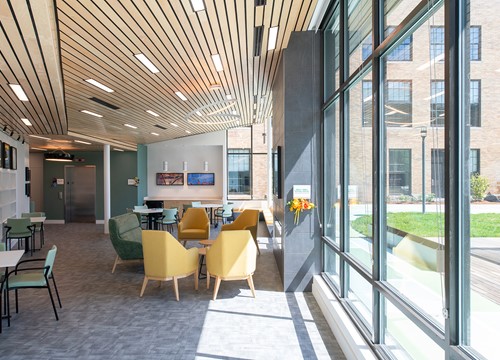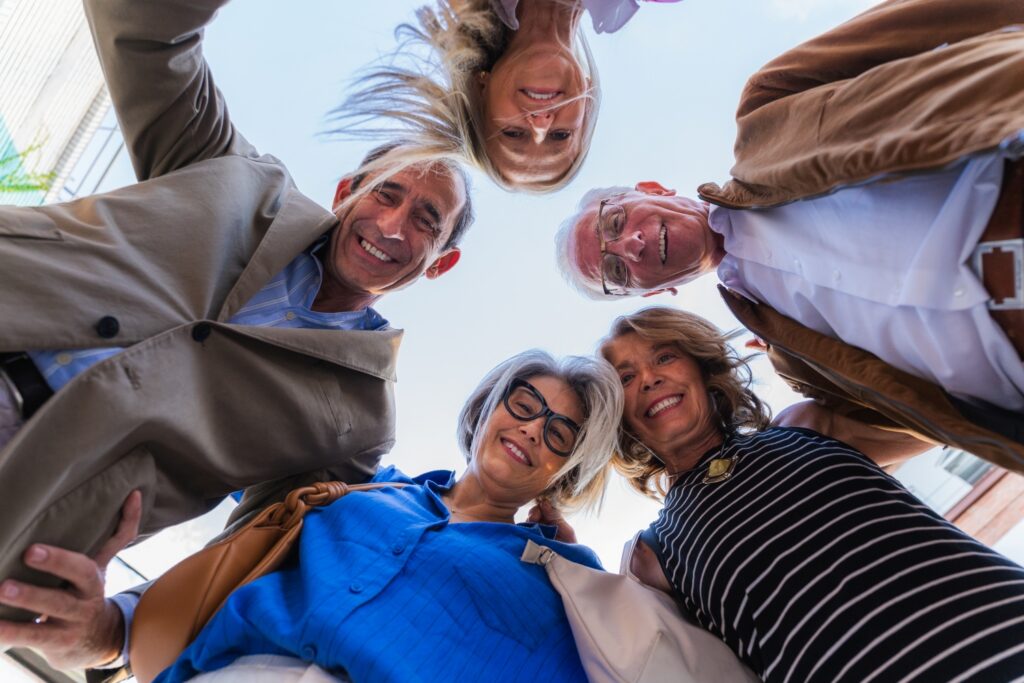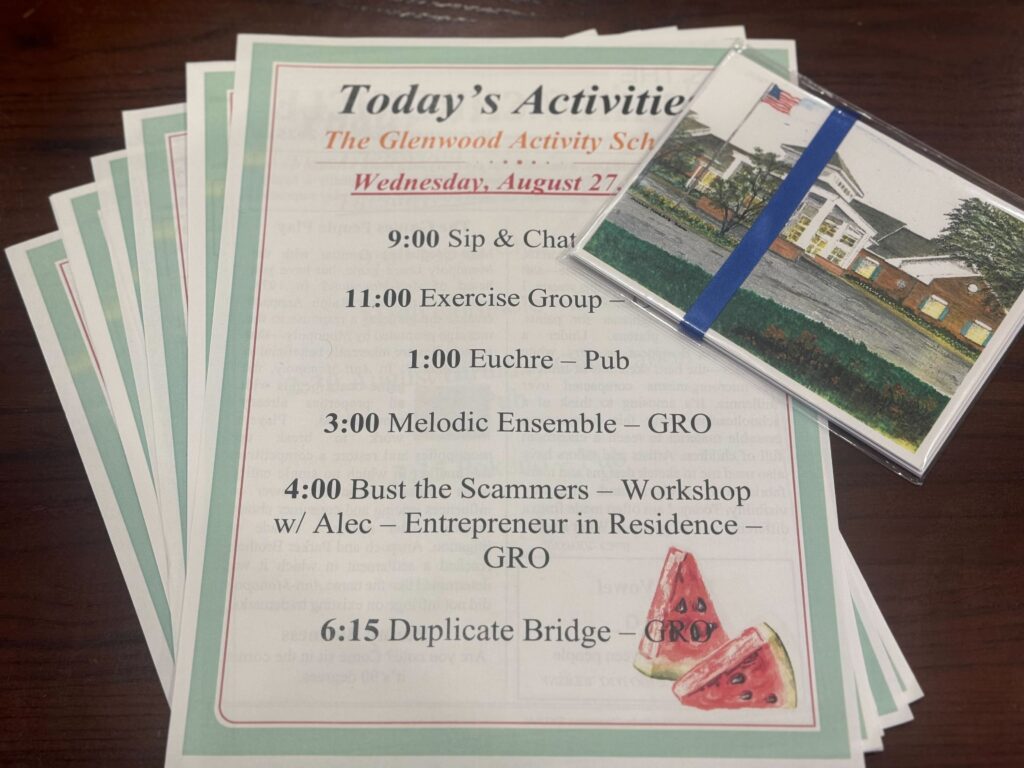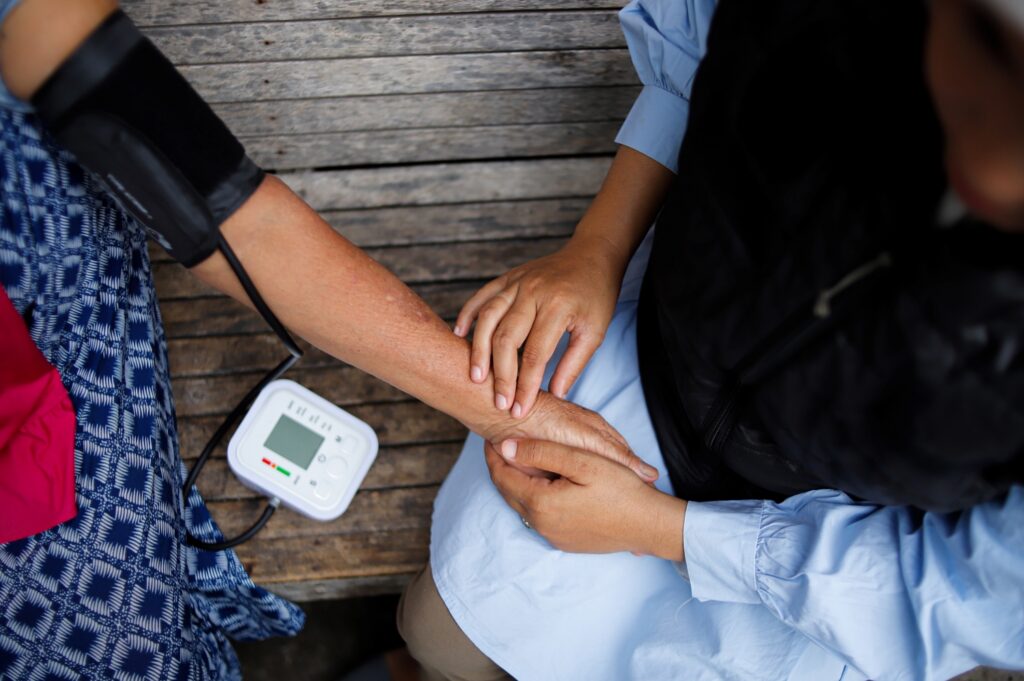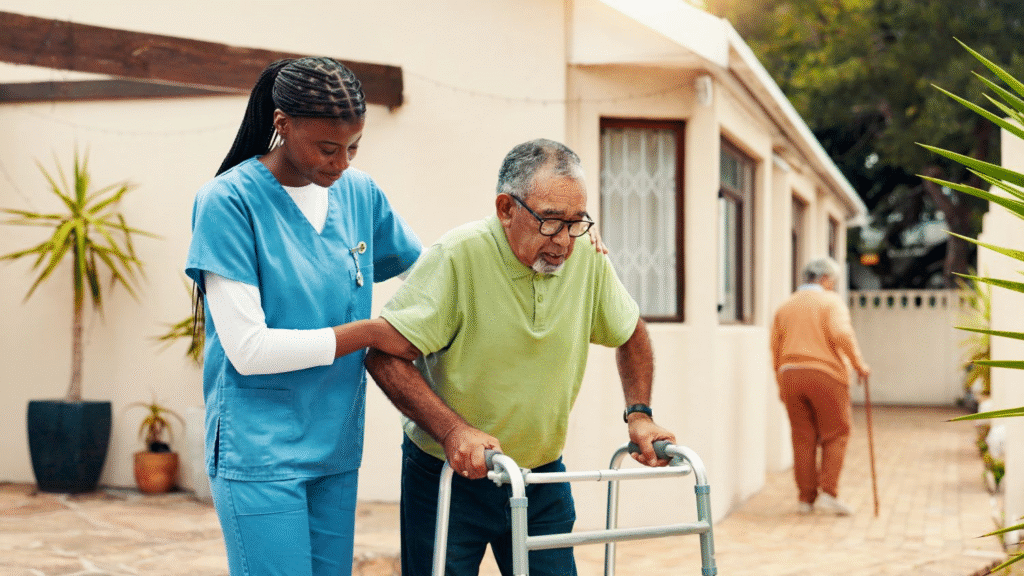Abstract:
Georgia organizers Leng Leng Chancey and Erica Clemmons-Dean take a no-holds-barred look at the connections among the care economy, the pandemic, and the current political climate. The authors analyze these factors and the cumulative Impact on BIPOC women, particularity in light of numerous voting rights bills in the Georgia legislature.
Key Words:
women, women of color, BIPOC women, organizing, caregiving, Georgia voting legislation
If you want to know what we learned from 2020 in terms of care for BIPOC women and how it impacts the road ahead, we are happy to tell you. But we will tell you what we know and what we’ve seen using the language that we use. And some of our language isn’t pretty or gentle, but it’s our language and it’s how we can best express the ugliness that we combat daily.
We entered 2020 with the understanding that racism is the root of the evils we push against in the state of Georgia. It is not a racism specific to Georgia, as some might assume, but a pervasive and systemic racism that clouds our history as well as current public policy, social programs, and the like. We also knew that classism works hand-in-hand with racism. Sure, there are people of color who are successful, educated, and polished. We see them every day on news panels spouting on their areas of expertise. But how well do they represent impacted communities? Why isn’t an expert on immigration issues an immigrant woman who works as a caregiver, lives in poverty, and who speaks little English?
We entered 2020 knowing that our legislators don’t give a shit about us. And before you say hold on, let’s look at the evidence within legislation that keeps poor people poor; that hinders access to healthcare; that attempts to take away reproductive rights; and that attempts to further disenfranchise the disenfranchised. By 2020, we were far beyond thinking about reaching across “the aisle.” We have no allegiance to either party because there is no allegiance to us.
Even the so-called “more progressive” legislators are willing to collect our sad stories to fill in as poverty porn for their stump speeches. But we don’t see much support or action after those sad stories are told. That is how we knew that there was (and is) no aisle to reach across. We were beyond being nice, being polite, and waiting for our turn. By 2020, we were beyond thinking that we had been unintentionally overlooked and misrepresented. We knew the shit was real. We knew the shit was intentional.
And most of all, we knew in 2020 that just as the nation’s infrastructure is more than roads and bridges, care for BIPOC women includes more than whether or not you can afford to have someone to look after your kids or your parents. Care for BIPOC women is about wages, reproductive rights, healthcare access and equity, adequate and affordable housing in safe neighborhoods, as well as being able to afford and find someone to look after your kids, your parents, and, sometimes, yourself.
‘We have no allegiance to either party because there is no allegiance to us.’
When 2020 and the pandemic came, everything we already knew exploded. The social cracks that sometimes swallowed poor people whole became crevasses that more people fell through. We’ve been on this road of organizing and activism for many years, but suddenly others we’d never seen nor heard from were concerned about unemployment, hunger, and healthcare.
While we were happy to see more people concerned about these issues, it also was frustrating to realize that these long-term issues were suddenly important because it wasn’t just poor people falling behind. Middle class people also were losing their jobs and income; in danger of losing housing; having difficulty feeding their families; and experiencing difficulty in accessing healthcare.
Motivated to Do More
There had been a lot of head wagging and shoulder shrugging when Black and Brown women experienced all these situations prior to the pandemic, but suddenly it was a national crisis when the people affected weren’t disproportionately Black and Brown. We were glad to see attention paid to these issues, but we remained pissed.
But as we have after every lost legislative battle, we allowed our pissed state of being to motivate ourselves. The pandemic gave us the opportunity to slow down and reassess things. And it gave us time to gear up for our brand of organizing. We do the in-the-street, knocking-on-doors-in-the-community kind of organizing that works because it is steeped in human contact and deep listening to community concerns. This is organizing that social media cannot replace.
And we still had plenty of work to do during the pandemic. Evil didn’t stop just because everything shut down. We fought for immigrant women being asked to risk their lives without access to healthcare or safety protections. These are the women who made it possible for others to continue working, often at home, and for disabled folks to maintain their independence. These women cooked and cleaned, fed and bathed without masks or gloves or anything to protect them. They left their jobs to return to their homes, sometimes taking COVID-19 home with them to their families.
History repeats itself. This has been true for many issues that impact women of color. We feel as if we are living the same lives as our foremothers. We are living through the irony of celebrating an anniversary of the Voting Rights Act while seeing 87 voter suppression bills pass in the Georgia legislature. Further, it is galling to know that the Voting Rights Act, signed into law in 1965, was intended to enforce the 15th Amendment, 95 (let us repeat, 95) years after the amendment was ratified. And now we have more than 75 bills on voting in Georgia, most of them suppressing a right that was supposed to be the law of the land more than 150 years ago (Alston, 2021).
‘We allowed our pissed state of being to motivate ourselves.’
And let us be very clear: Georgia is not a blue state. Not yet. We are well-aware of our senatorial election results. But that does not make Georgia a blue state. We are about to undergo redistricting. Redistricting, for the uninitiated, is a sort-of Hunger Games that results in keeping Georgia an extremely red state regardless of who is in office. But the real goal of redistricting and redrawing the voting districts is to maintain power. And those in power in Georgia don’t mind if we can’t vote or if we die of COVID-19 because we don’t have access to the vaccine. All of it is to their benefit.
So if you are angry and terrified after reading this and want to join us in this fight, please know that we aren’t impressed with your Black Lives Matter yard signs and Stop Asian Hate T-shirts. And we don’t think it’s our work to teach you how to be woke, or even to understand what that means. That’s your work.
What we do need are allies who can speak with authority in spaces where we can’t. We need allies who can go to boardrooms and shareholder meetings and who can talk to their friends and families. We need allies who can come into Black and Brown spaces and listen without feeling the need to take up and take over the space.
And for those of you who can’t have frontline exposure and who need to be less visible, use your resources. If you have money to donate, donate to small nonprofits. The larger organizations are better-funded and more likely to survive.
But we’re not only focused on money. We need allies who are willing to use their minds and skills. We need pro bono attorneys and people who are good with data. We need allies who are willing to be more than allies. We need allies who can become co-conspirators with us.
We need you.
Leng Leng Chancey is an activist, community organizer, and champion of equality who serves as Board Chair of Access Reproductive Care-Southeast, working at the intersection of reproductive justice issues that impact women of color, and is a Board member of the Southeast Immigrant Rights Network (SEIRN), helping elevate the voices of immigrant communities that are most impacted by our failing immigration system. Erica Clemmons-Dean is National Organizing Director for United for Respect, and formerly she worked at 9to5, where she oversaw its organizing efforts in all chapters. Her work fighting for economic and social justice began as a political organizer with the United Food & Commercial Workers union.
Photo caption: Article co-author Erica Clemmons-Dean rallies the troops at a voting rights rally in 2018.
Photo credit: Courtesy Erica Clemmons-Dean.
References
Alston, C. 2021, “There Are A Lot Of VOTING Bills In The Georgia General Assembly. Here’s What You Need To Know.” 90.1 FM WABE, February 26. Retrieved September 14, 2021.

